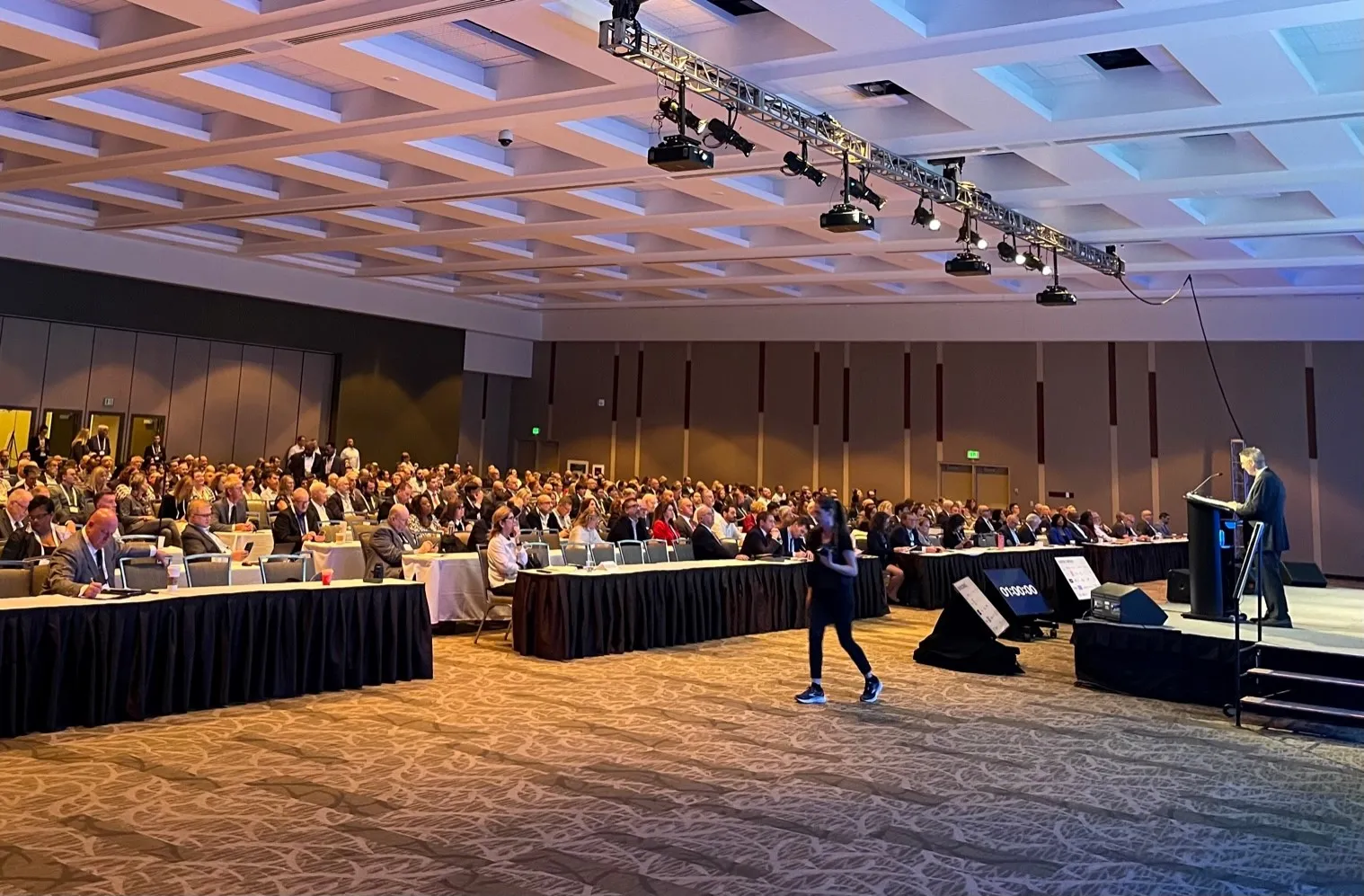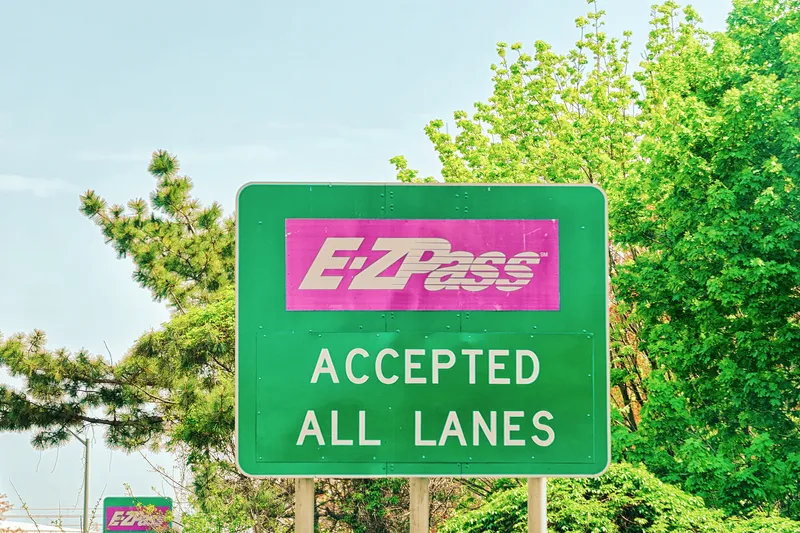
It was a packed ballroom at the Seattle Convention Center that heard the opening remarks of the four-day 91st IBTTA Annual Meeting and Exhibition.
Roger Millar, executive secretary of the Washington Department of Transportation (WsDoT), based in the state capital Olympia, officially welcomed the attendees. Washington is a special state, he explained, because it has the largest ferry fleet of any state. This means it’s a state with where every citizen has a big boat, he joked
Millar noted that conferences are for sharing new ideas. “We can’t solve traffic congestion by building more lanes,” he said. Efficient transportation is about moving more people and goods rather than more cars and trucks: “We need to do more to get more out of our facilities.”
Pat Jones, executive director and chief executive of IBTTA, welcomed the 850 attendees - as well as the 55 exhibiting companies. He also gave a special welcome to the association’s 30 new corporate members this year and the very large number of first-time attendees to the event – all positive signs for the health of IBTTA.
Jones took time to note that 9 October - the first day of official meeting and exhibition - falls on Indigenous Peoples Day, as proclaimed by US president Joe Biden. Jones said the IBTTA honours them and went on to acknowledge in what he called and “inclusion moment” the rights of people who have suffered racism and other discrimination.
During the previous day’s sessions on diversity, equity and inclusion, he took home many lessons, Jones said. He heard how Black, brown, Asian, Latino and indigenous people, in short folks who an non-white, are under enormous emotional strain for having to navigate outright prejudicious, unconscious lies, overt and covert inequities, injustice, discrimination and violence that they may encounter any day of their lives in this white-dominant society.
“We white people must work a lot harder to understand and appreciate the emotional strain that is debilitating our non-white brothers and sisters and work to change and dismantle the conditions that cause this emotional strain,” he said. Fighting discrimination in all its forms and wherever it occurs is part of IBTTA’s strategic plan.
For Andrew Fremier, IBTTA president as well as executive director and chief executive of the San Francisco Bay Area Toll Authority, the event marked a personal as well as professional time in his life. He told attendees that he had recently discovered the family of his biological father and now has three sisters of which he had been unware.
IBBTA in general and the annual meetings in particular are places where there are really no strangers, said Fermier, just new family members. The members have so much in common that they can achieve the theme of the event, 'Bridging the Gap'. This is especially true as IBTTA reaches out to the wider bridge and tolling world with new committees, including more international connections, from this year onwards.
Meanwhile, Ed Barry, director of the toll division of WsDoT, and Tawnya Freund, chief commercial officer of ViaPlus, encouraged urged attendees to make as many connections as possible with Washington state transportation officials and the private sector. More communication, an increasing exchange of ideas and relationship-building will make for a great conference.









